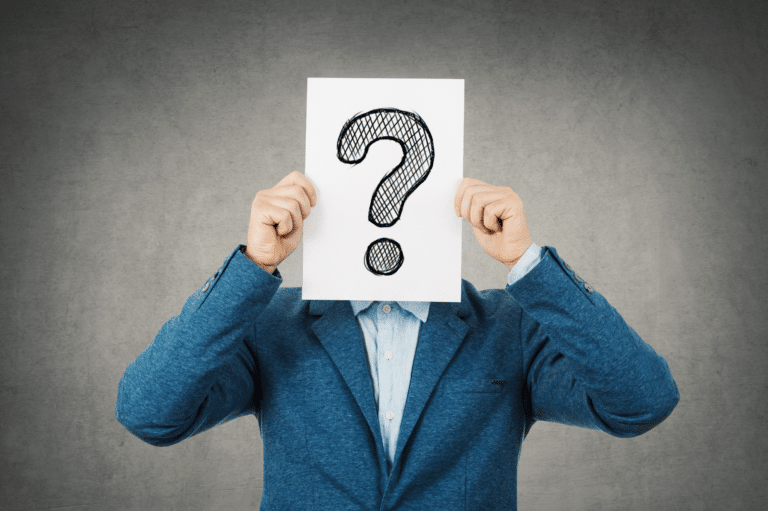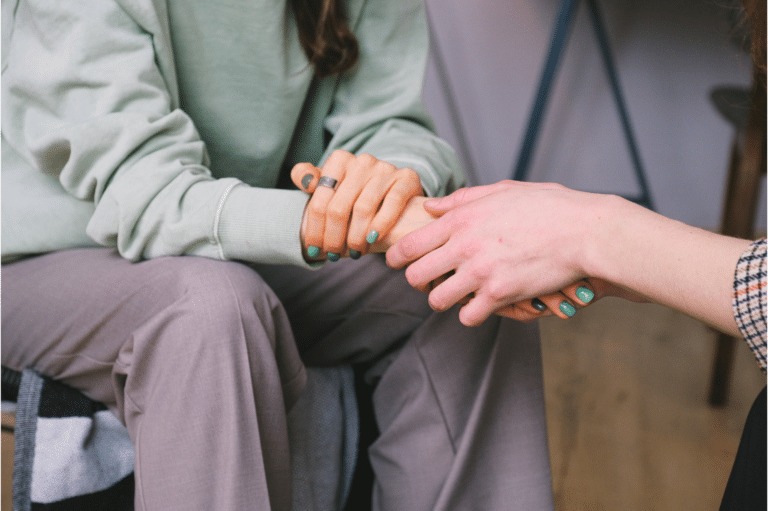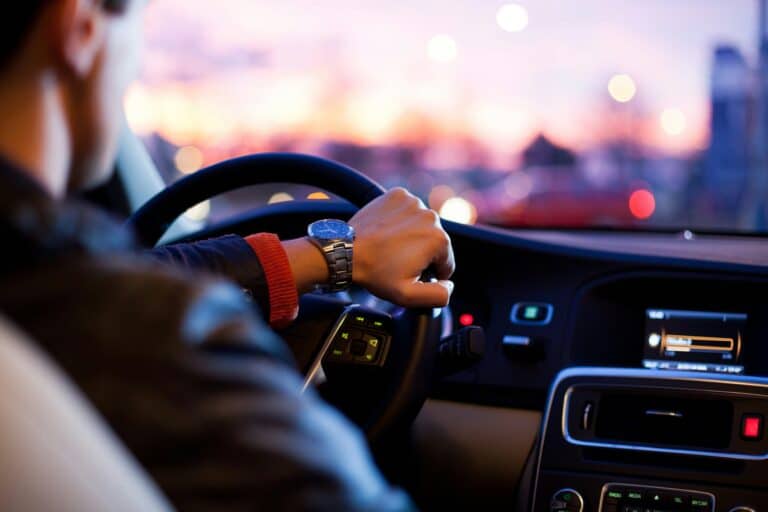What are Hydrocodone Addiction Side Effects?
When you are living with opioid use, including hydrocodone, it’s important to be aware of various symptoms that may affect your well-being. Recognizing these symptoms
We want to keep you informed with knowledge that can change your life, which is why we have created our blog to provide you with:
To find blog posts on specific topics, select one of the categories below or use the search bar above to help narrow your results.
Note: Our blog posts are for educational purposes only and should not be used as a substitute for consultation with a healthcare professional. If you have questions about our services or need to begin our treatment, please reach out to us today.
When you are living with opioid use, including hydrocodone, it’s important to be aware of various symptoms that may affect your well-being. Recognizing these symptoms

Suboxone and methadone are medications prescribed for medication-assisted treatment (MAT) for an opioid use disorder. Since neither medication is inherently better than the other, a

Recovery from addiction may involve medication-assisted treatment, counseling and other forms of support. Many individuals also seek to develop healthy new habits to support their

If you’re a family member, spouse, or friend of someone who is in recovery from heroin, you might feel a mix of concern, love, and

Understanding the cost of Suboxone treatment is crucial as you take this significant step towards regaining control of your life. Wondering about the cost? You’re

While researching opioid use disorder, you may see both the terms “opioid” and “opiate” used by professionals. These words refer to two categories of narcotics

Staying drug-free is a continuous journey filled with many ‘firsts’ and opportunities for personal growth. Each day in recovery, you’re likely discovering new aspects of

Heroin is one of the most addictive drugs in the world, and it has made a resurgence as part of the opioid epidemic. We are

While methadone is a critical component in the journey towards overcoming opioid use, it’s important to understand its potential impact on activities like driving. Navigating

Navigating the complexities of hydrocodone addiction and pain can be a daunting and often overwhelming journey, particularly when chronic pain is a constant companion. Understanding